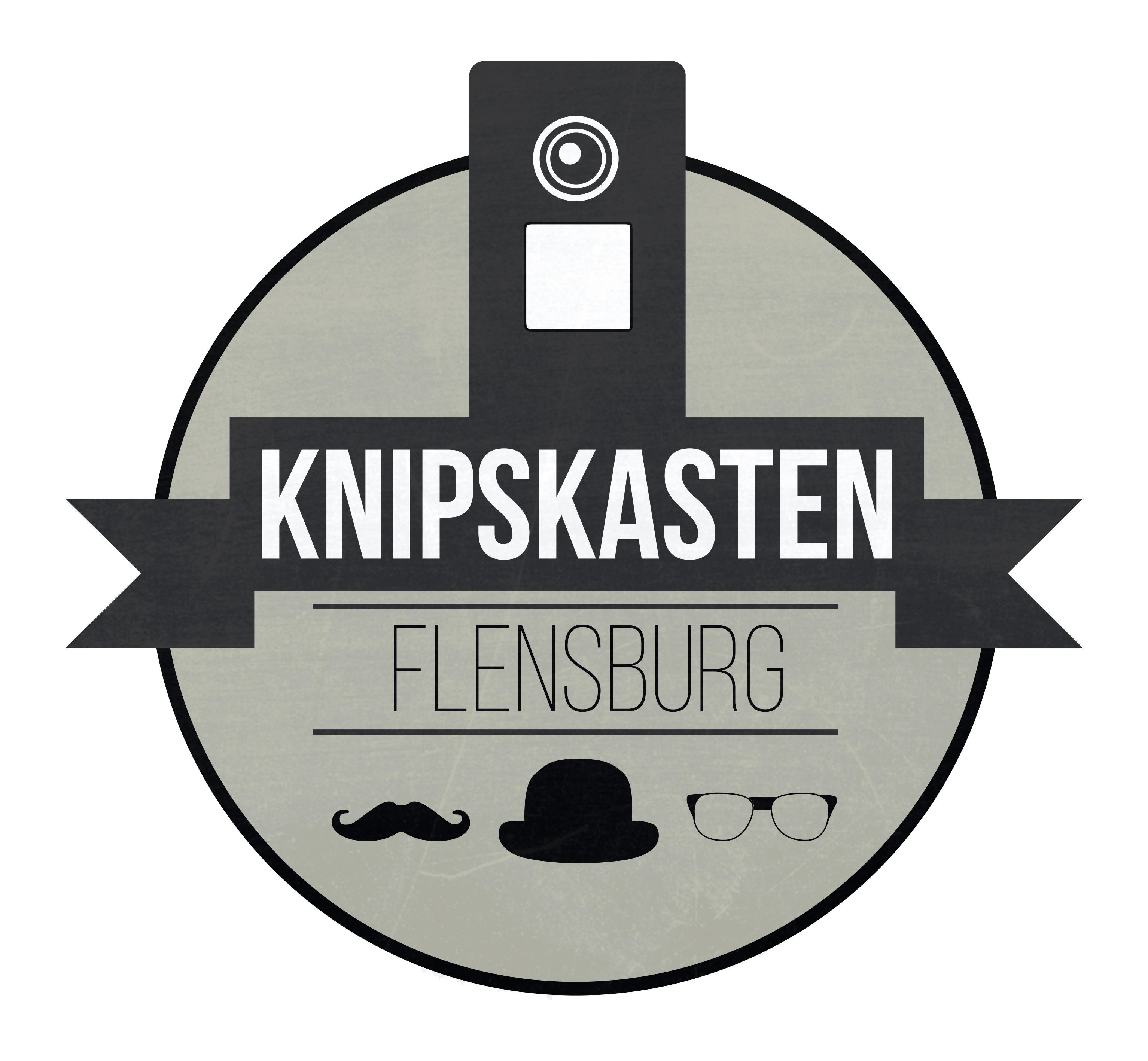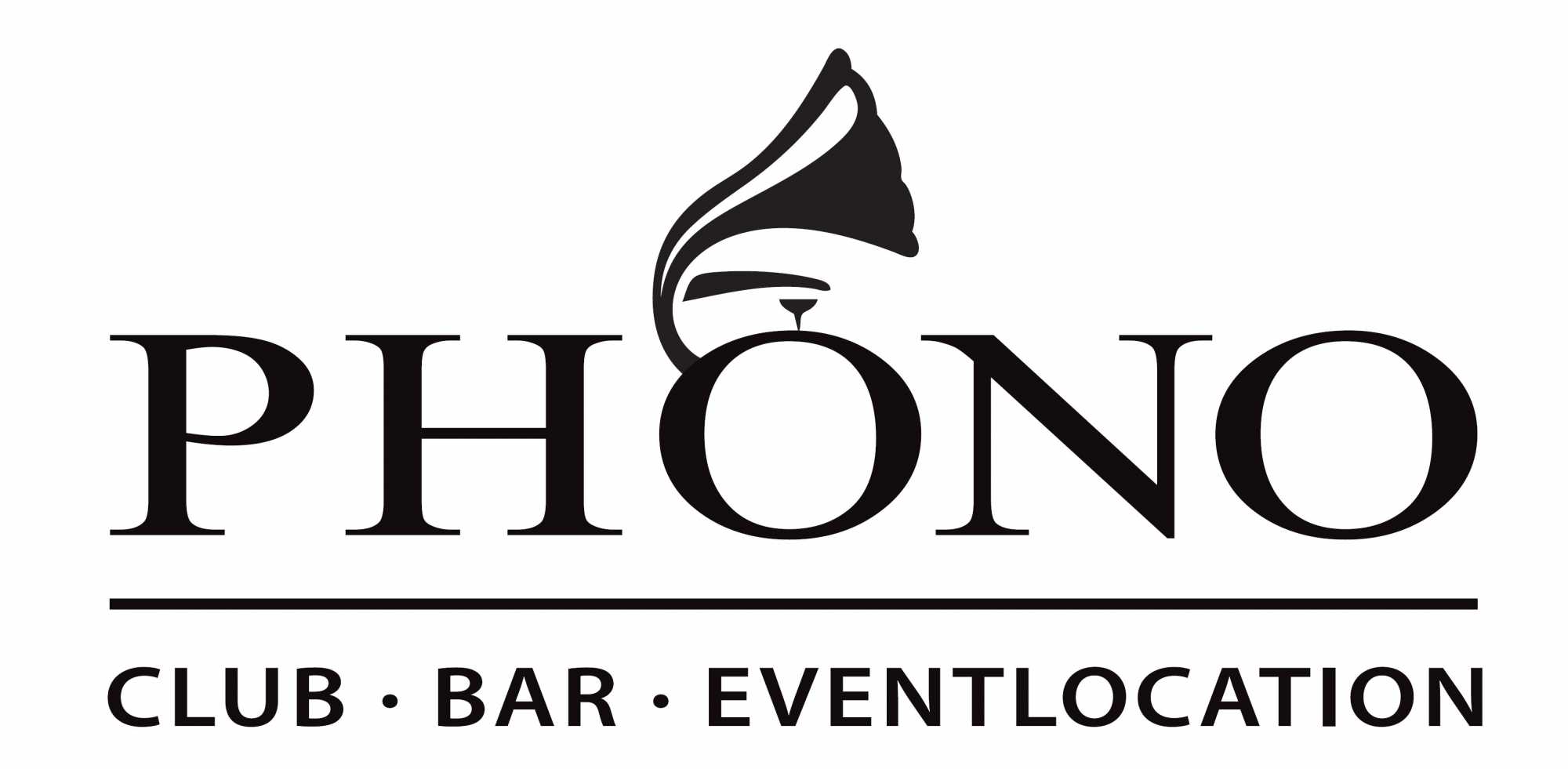- 1 | Emil Koch
- 2 | Benedek Kása
- 3 | Dániel Udvardi
- 4 | Csaba Frőhlich
- 5 | Viktor Schneider
- 6 | Ádám Szakszon
- 7 | Róbert Muth
- 8 | Máté Temesvári
- 11 | Norbert Schweitzer
- 12 | Kristóf Hazenauer
- 13 | Szabolcs Fenyvesi
- 14 | Márk Makai
- 15 | Zsolt Dr. Wieland
- 16 | Máté Klencsák
- 17 | Dávid Klencsák
- 18 | Attila Forró
- 19 | Ferenc Cseke
- 20 | Ferenc Bauer
- 21 | Gábor Törteli
- 22 | Tamás Pölöskei
- 23 | Zoltán Czigler
Ungarndeutsche at the EUROPEADA
The Germans of Hungary were present at all previous editions of the tournament.
The Germans of Hungary
The selection „Ungarndeutsche“ is representing the German minority in Hungary at the EUROPEADA. German settlers have arrived already during the Middle Age to Hungary. King Stephen saw the uptake of foreign guests as an enrichment for the development of the country. Further groups were called during the Middle Age by the Hungarian King for building up the country. Only the growing National Socialism of the 19th century and the specific assimilation policy gave rise to big parts of the German bourgeoisie in Hungary, although Hungary possessed a commendable minority law. During the following years different training measures for funding the awareness of vernacular and customs were adopted in order to prevent the loss of the German language among the Germans of Hungary. Part of this was the foundation of the Hungarian German cultural association of the nation (UDV). The dreads of World War II lead already during the war within the scope of the agrarian reform to the dispossession of the agricultural properties and houses of the German population. After its end the majority of the Germans in Hungary were dispersed from the country. Today the number of in Hungary remained Germans amounts 220,000, from the previously 300 German bulk communities only seven left over. At the population census of 2001 only 34,000 people stated German as their mother tongue. The strong assimilation causes also a continuous decline of those, who speak the typical dialect.
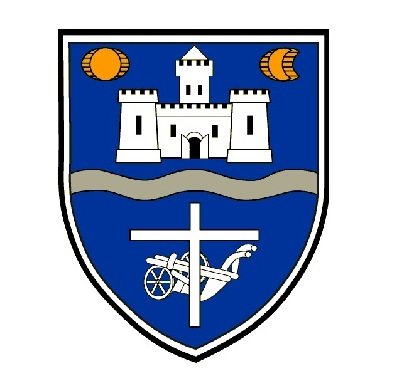
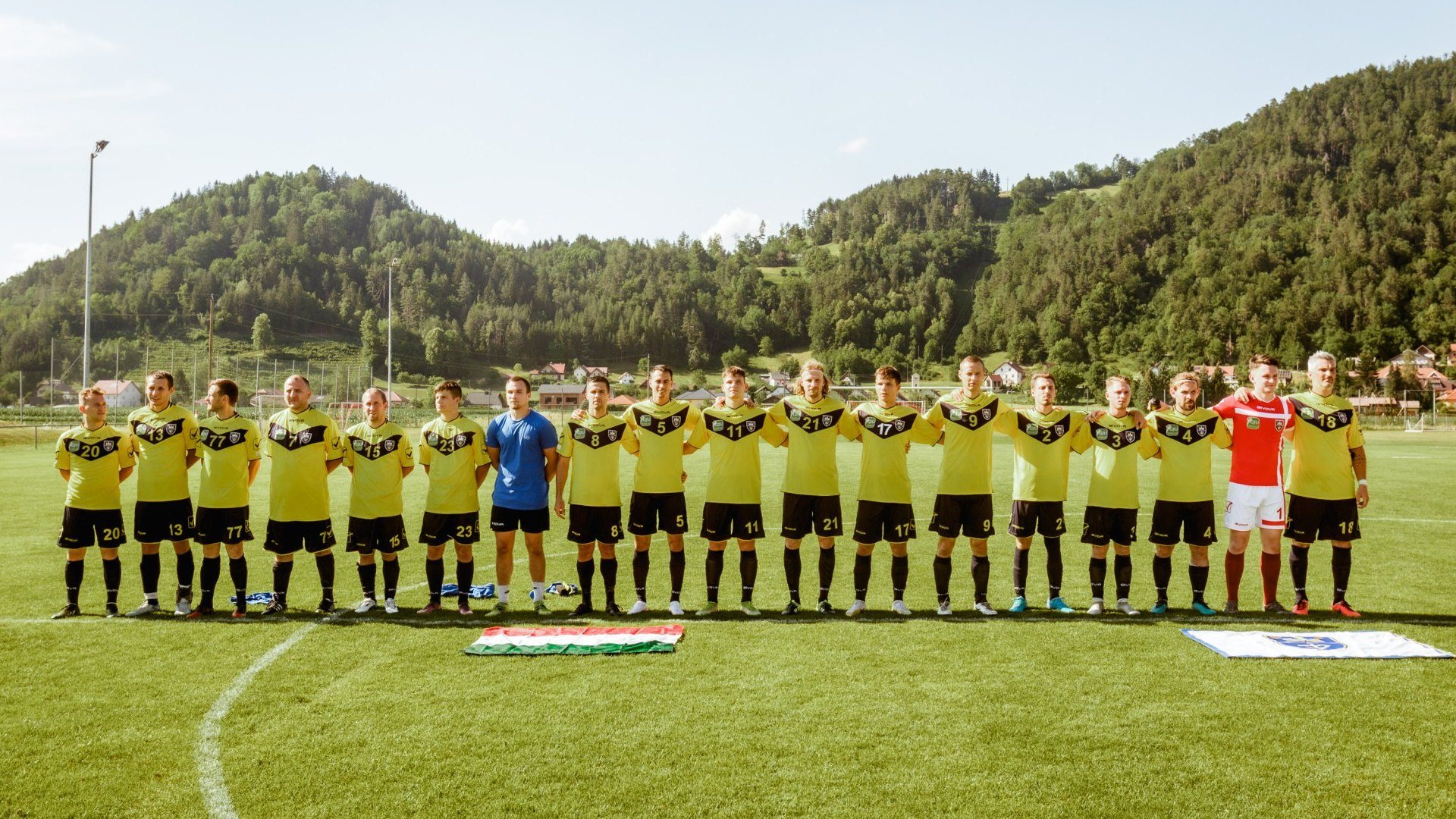
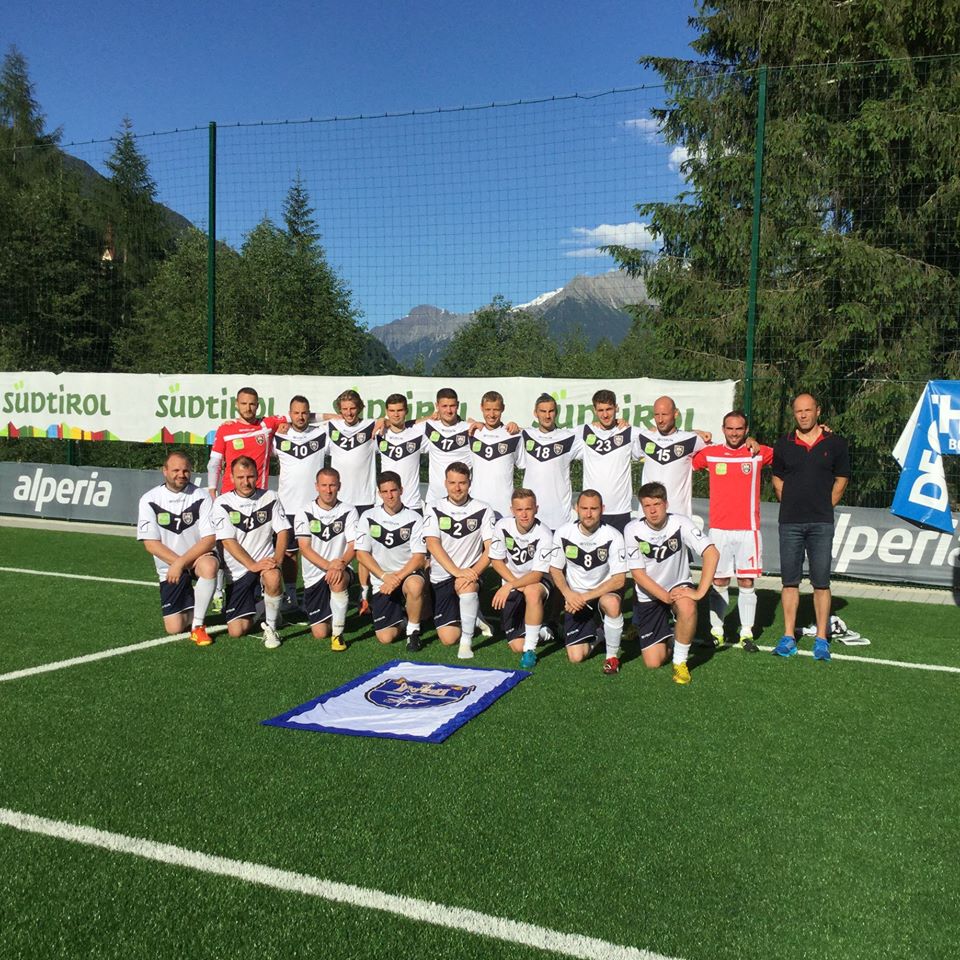



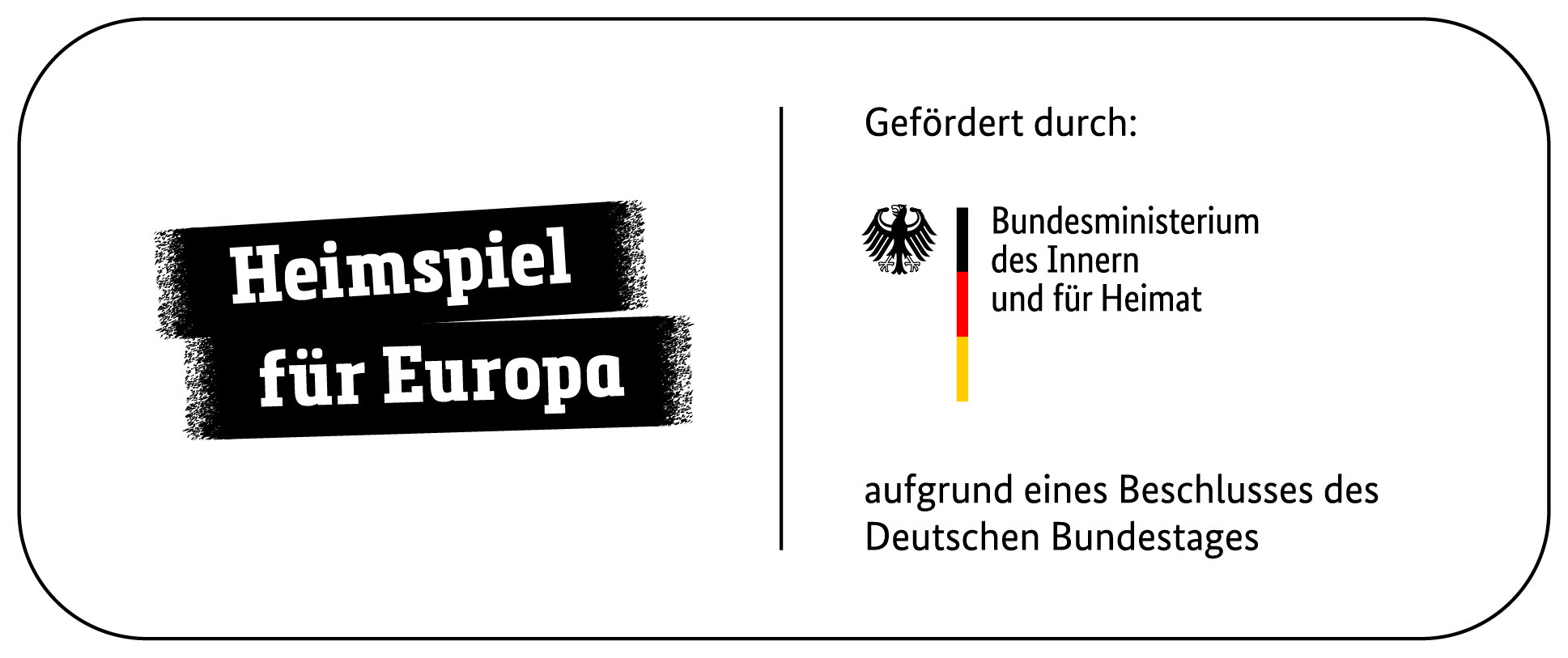
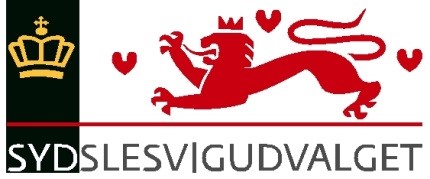



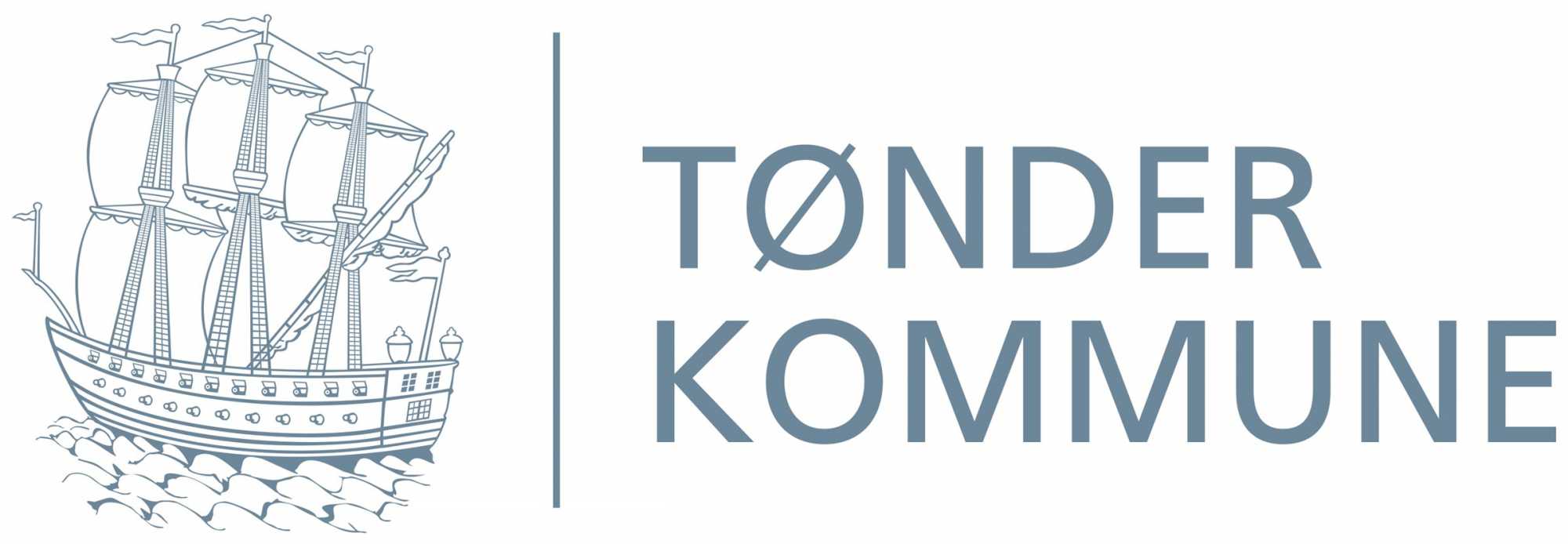
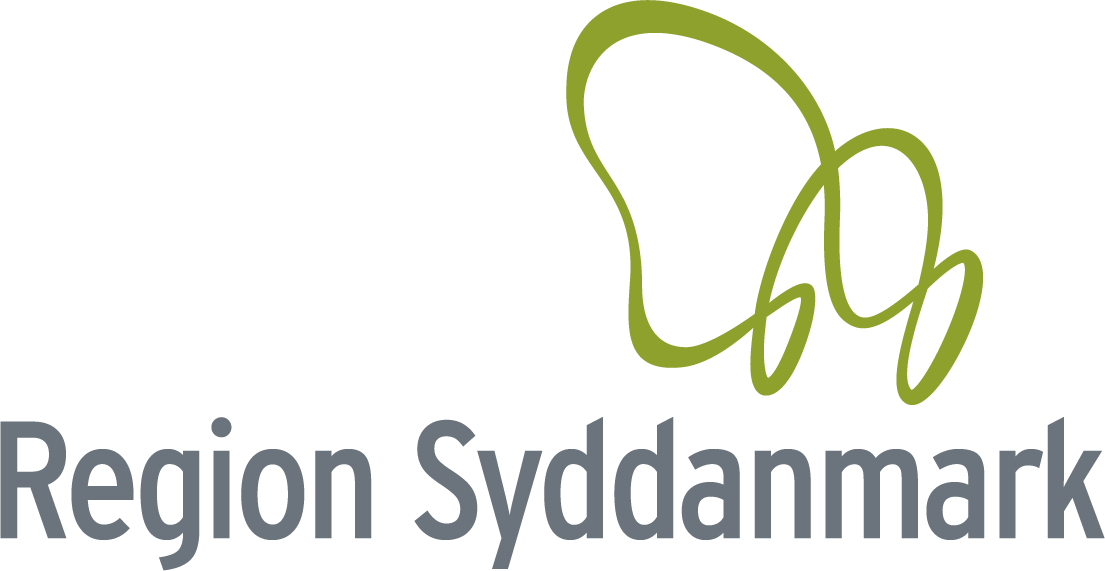
.png)



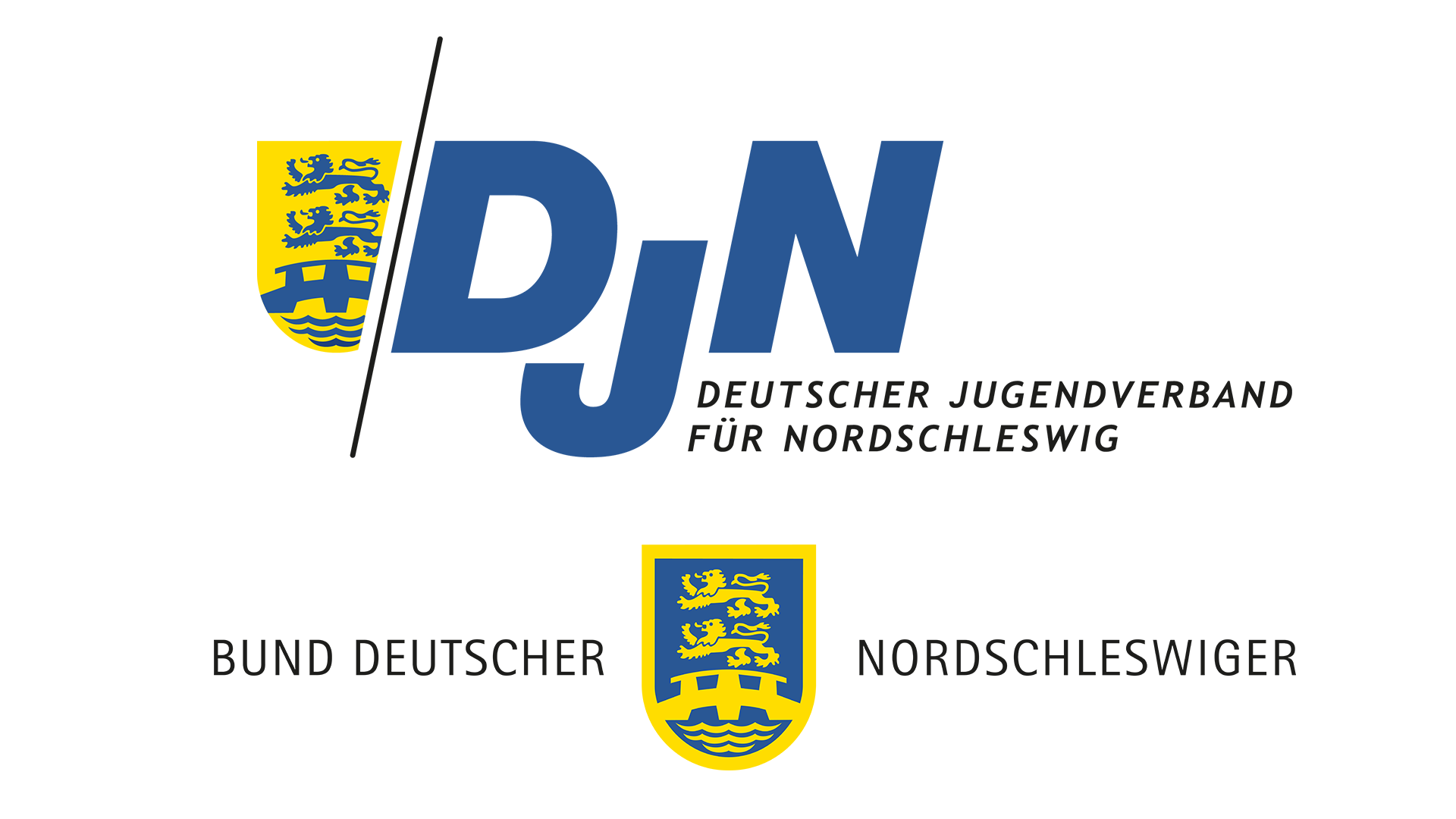
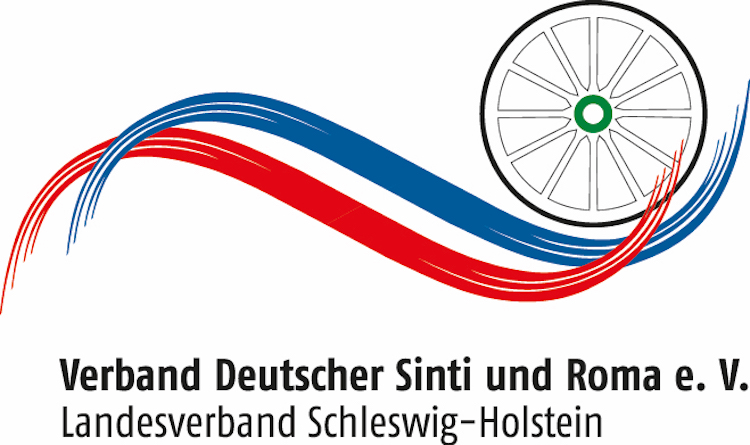

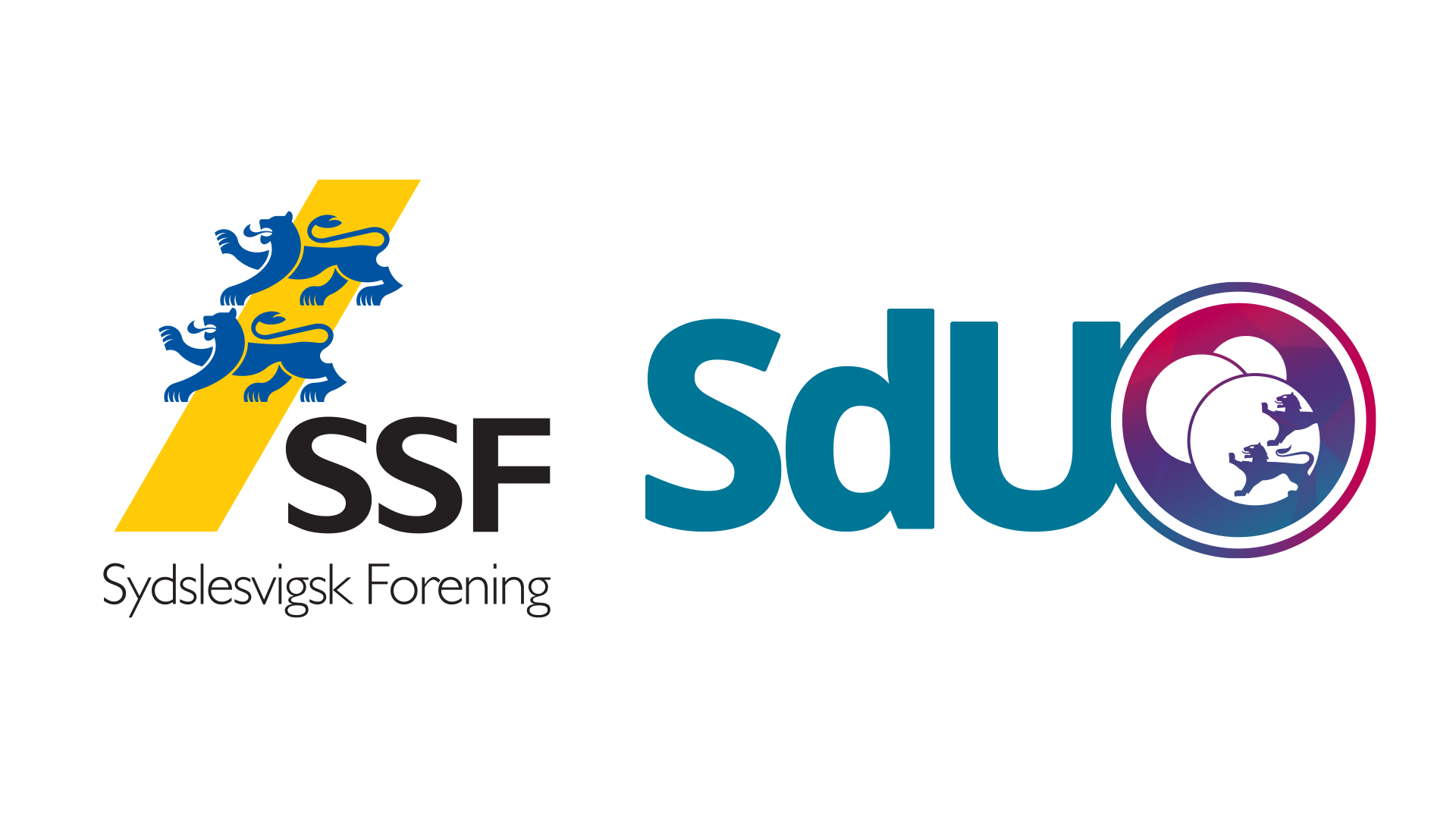


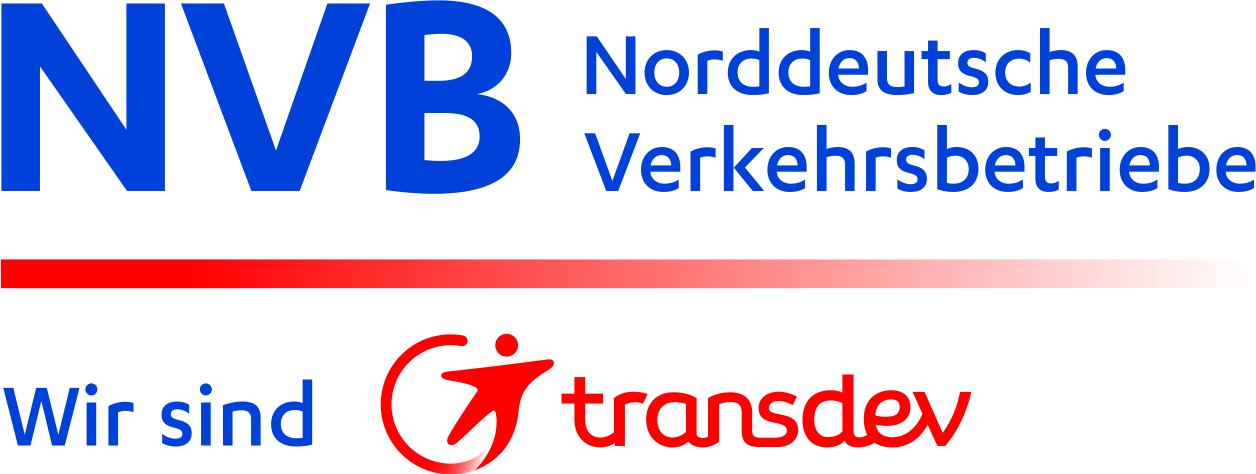

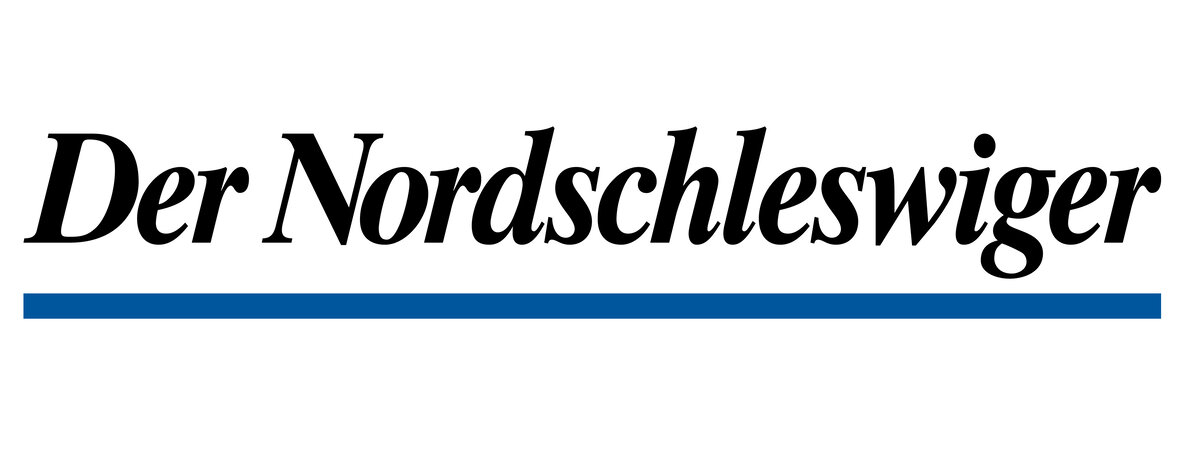




-1.png)
_(1).png)
